We’d like to introduce you to one of our 102 groups world-wide in West River Academy. Los Castaños is a group in El Salvador that is committed to educating their students in an expansive way. This year celebrates seven years of educating students and teaching the community about alternative education.
The phenomenon of unschooling can be found in various ways: families who travel and their education is based on the cultures they discover on their journeys; some families do unschooling because their children are high performers in sports; others because they disagree with traditional education and many other reasons.
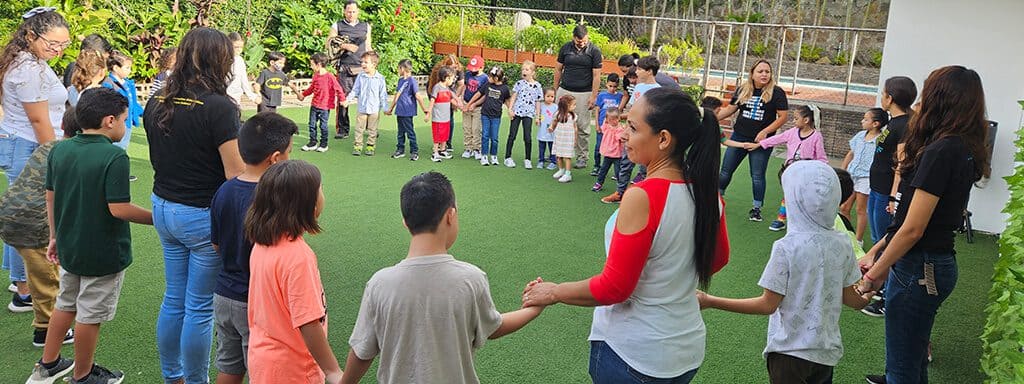
Los Castaños
If we delve even further into how to carry out unschooling, we have families that do it individually and others in a community manner. Today, we want to show you this latest modality of unschooling, which is in a group-organized way, similar to a school structure outside of the traditional system.
Los Castaños was founded by Claudia Turcios, a Salvadorian who has embraced Natural Learning and is committed to providing practical knowledge for the next generation. Her vision was put into action on November 26, 2016, when she organized a small group of families to learn topics such as agriculture, cooking, managing finances, and the list goes on. Seven years later, her dream has expanded and now provides a solution to hundreds of families. This current year, she has more than 80 students and 20 teachers who share the same vision.
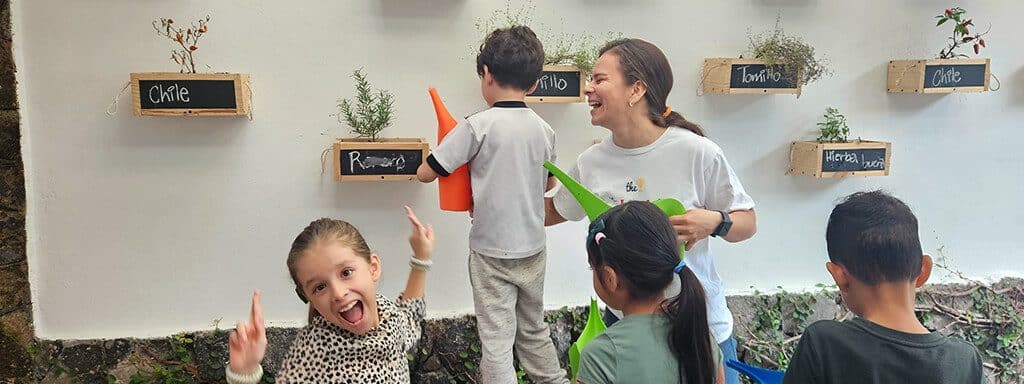
What is the experience in Los Castaños like?
This alternative and bilingual school consists of children ages 3-18. Claudia and her team are with them on their educational process each step of the way. This is the second year that 12th graders will be graduating and certified by West River Academy.
Their methodology is a mix of Montessori, supported by emotional intelligence with a firm foundation of ethics. This is not a school where you leave your children at the school door mindlessly. The participation of families is essential for the healthy functioning of this institution.
Among their students, they have the competence and training to receive neuro-divergent students with autism, giftedness, and Down syndrome, which makes educational life inclusive and without distinctions in terms of opportunities and activities. Everyone is equally invited to participate in the different educational events offered by the school.
In addition to life in the classrooms, Los Castaños offers field activities that are previously planned and can be seen in their annual calendars—visits to museums and local or national parks. Even everyday places such as grocery shopping for their meals provide a guided experience to cultivate practical life skills.
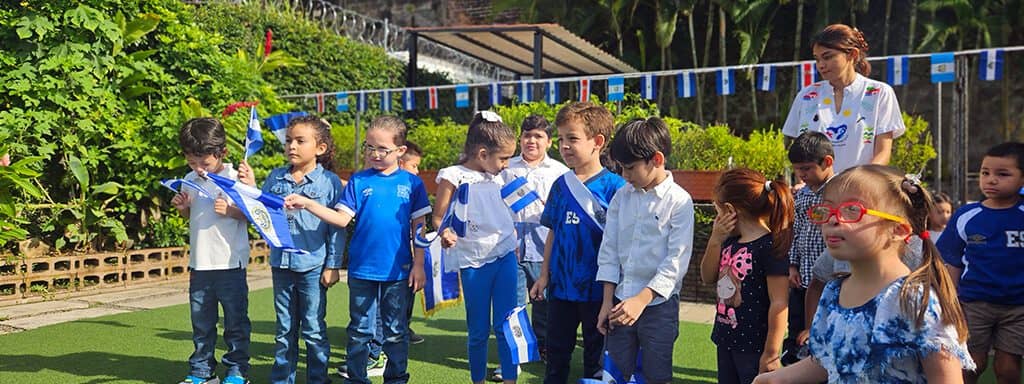
“At Los Castaños, we educate for peace.”
Claudia shared with us what a typical day looks like for them. The idea is that the day is flexible and offers an array of subject areas they can learn at their fingertips.
Of its 20 teachers and facilitators, some are permanent for each grade and others rotate to provide different natural learning activities weekly: music, cooking, arts, Kenpo/Karate, studio arts and design, and entrepreneurship. They actively participate in the Recicla 503 program as ambassadors of environmental care. They offer swimming, coding, yoga, mindfulness, and other practical and optional activities.
One of the main priorities to them is to have a comprehensive emotional education program, which promotes “self-knowledge, management of emotions and feelings, management of tension and stress, assertive communication, empathy, interpersonal relationships, conflict management, decision making, critical thinking, and creativity.”
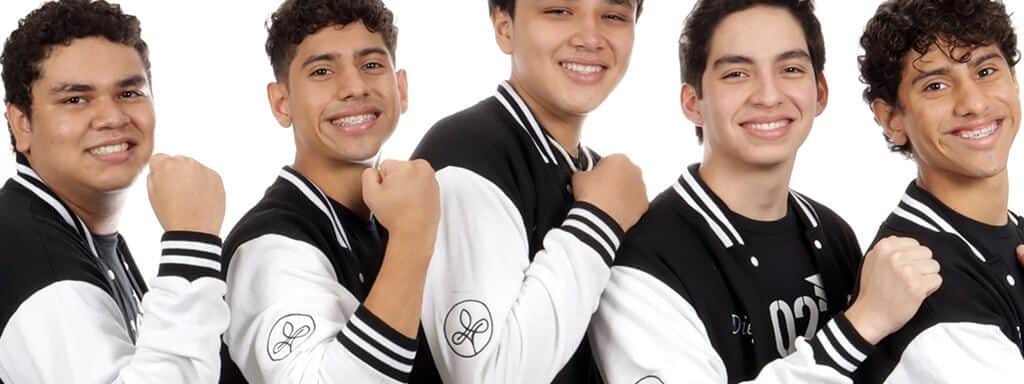
Graduation 2023
As we had mentioned, 5 of their students are graduating this year. One of the fundamental requirements at West River Academy is to complete an Educational Biography, a written essay about their educational journey from as far back as they can remember until now.
Claudia tells us that this activity was therapeutic for these young adults since they were able to internalize and reflect on everything they had learned. She said that this will have a positive impact on their future as adults, in more ways than we can know.
We are very excited to celebrate all of our high school graduates on December 15, 2023!
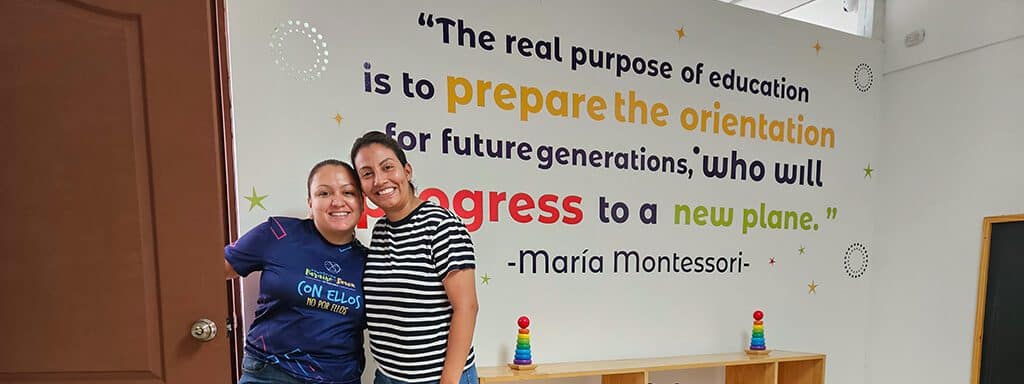
Inspiration for everyone
Now that you know these spaces exist and are a reality, we hope to inspire other families to join, organize, and form a community. Likewise, search within your local area because without knowing it, there may be a school very similar to Los Castaños near you, where your children can obtain alternative, emotional, and ethical education in their community.
All the images in this article are actual photos of Los Castaños. Here are some pictures of its facilities:

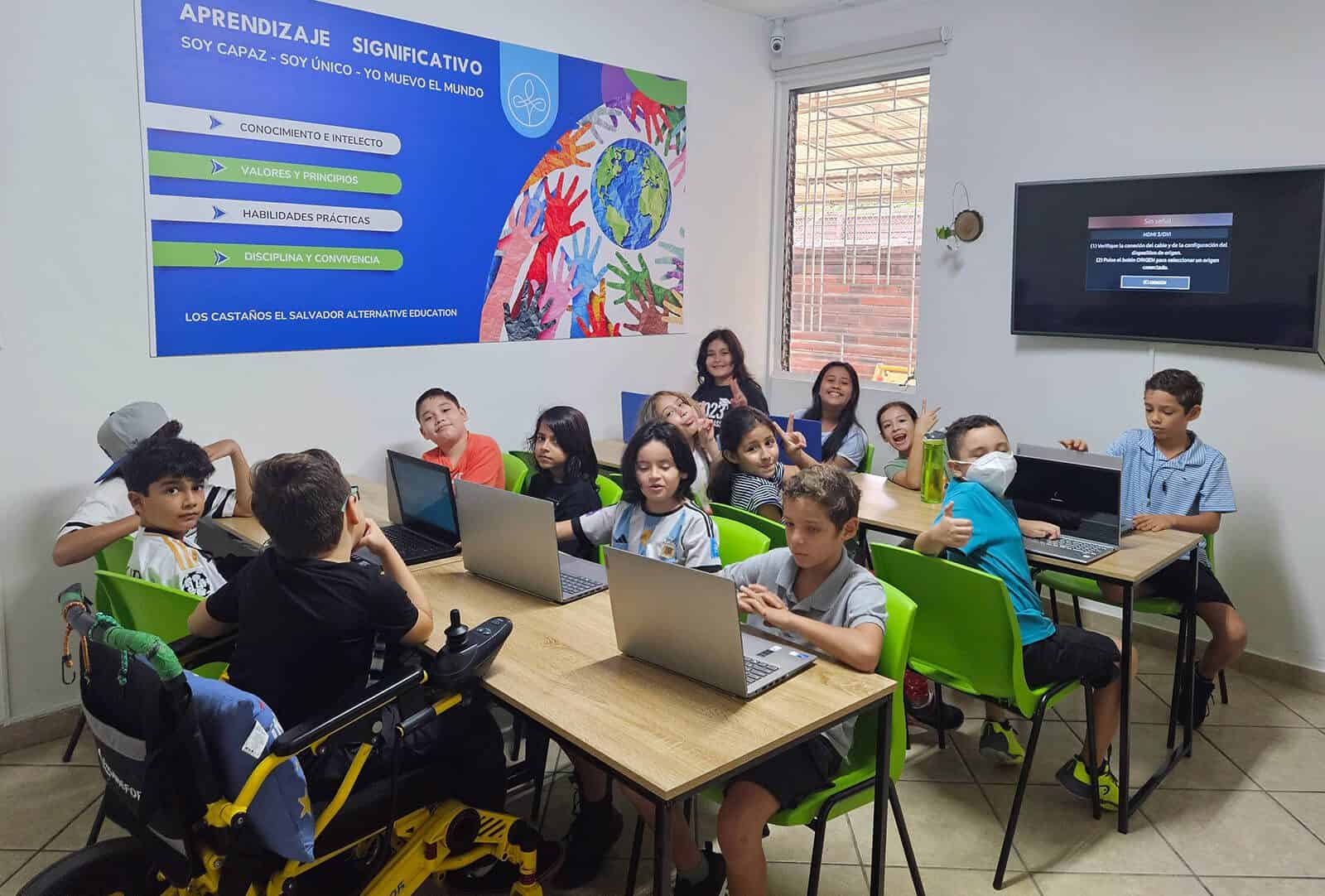
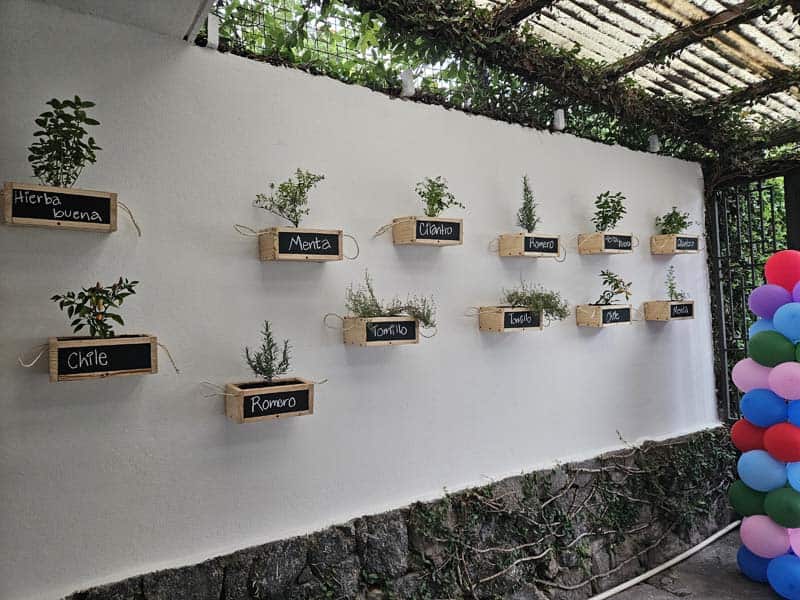
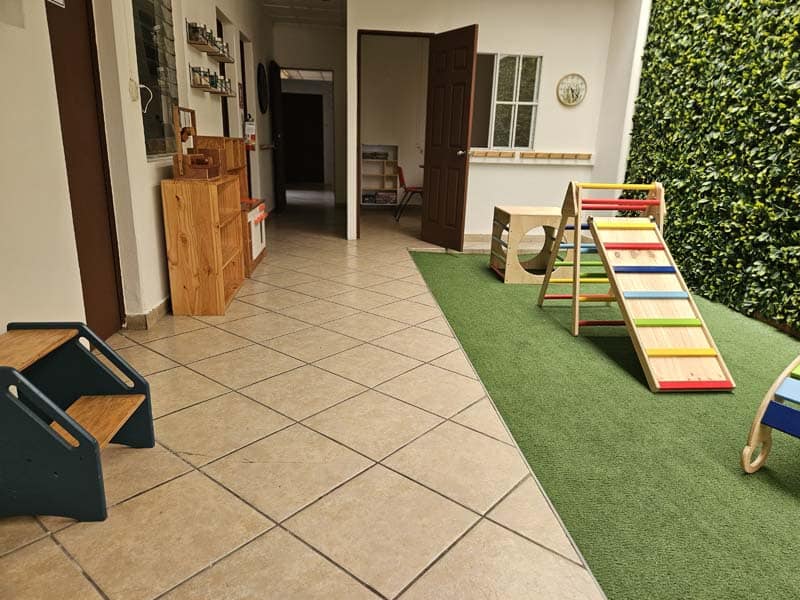
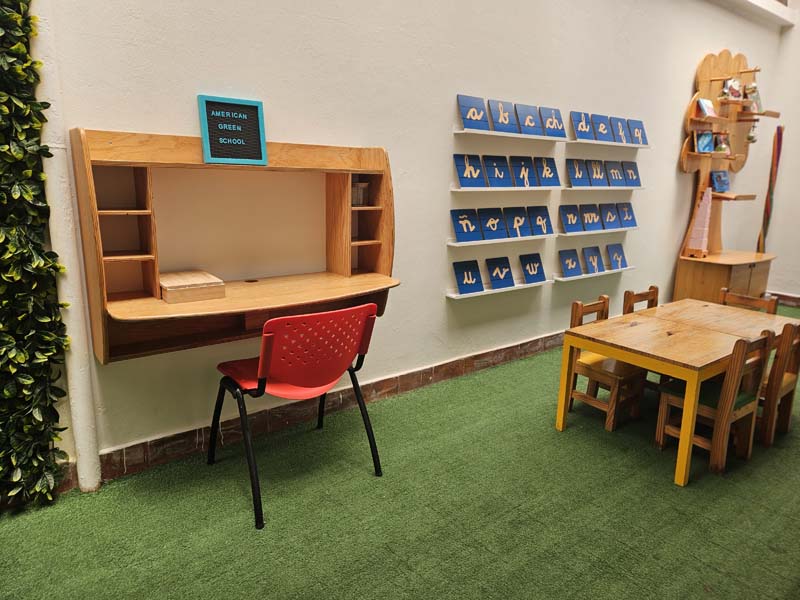
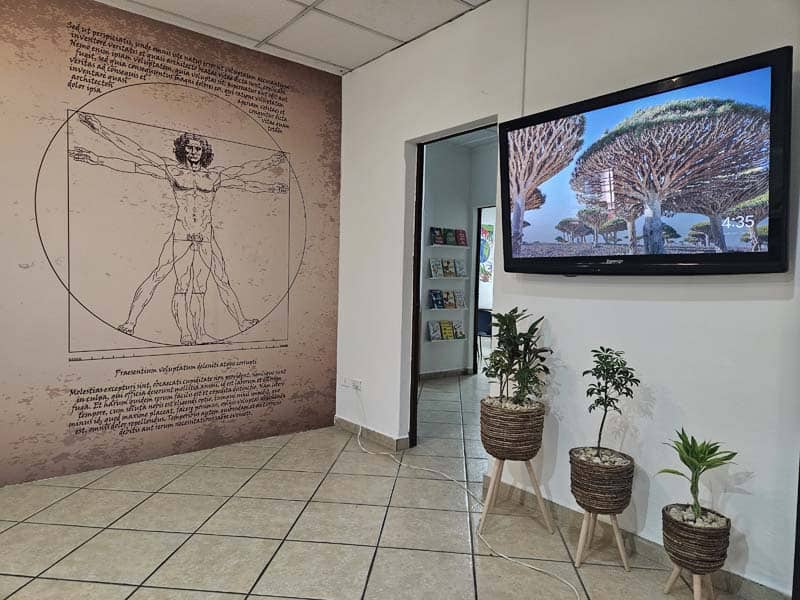
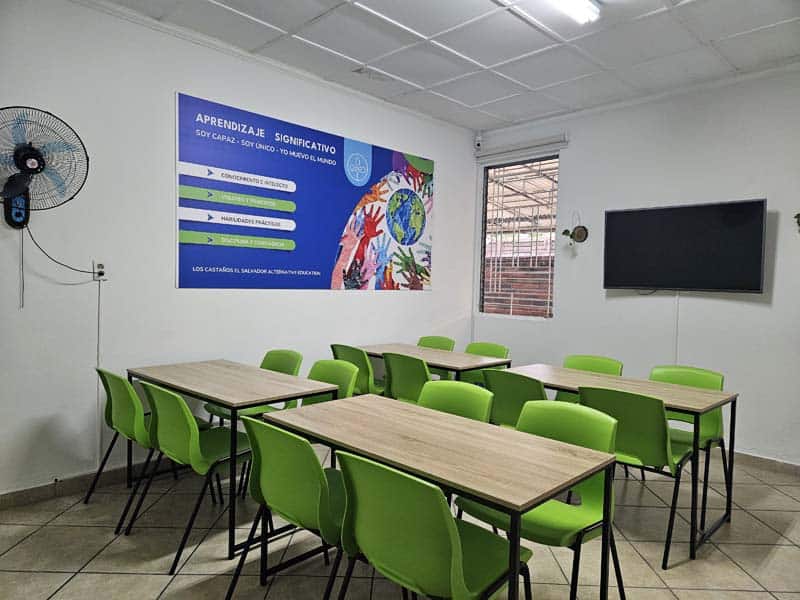
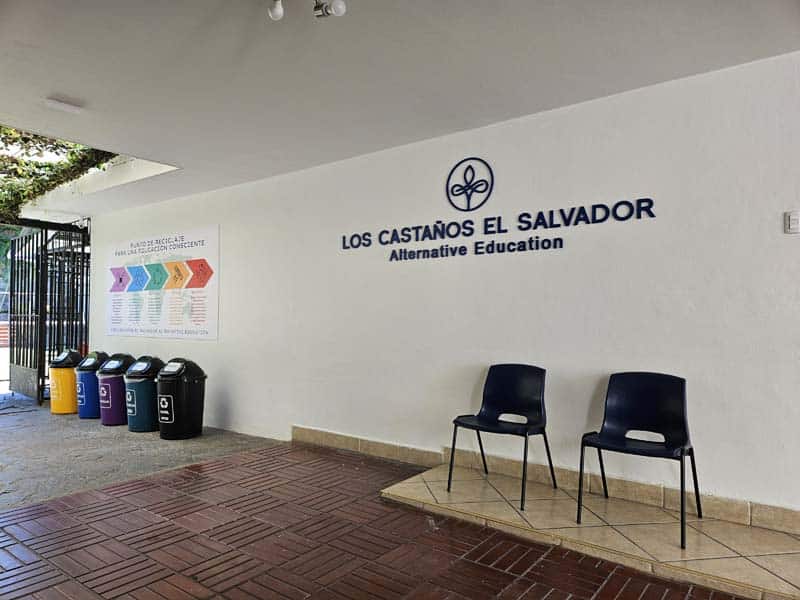
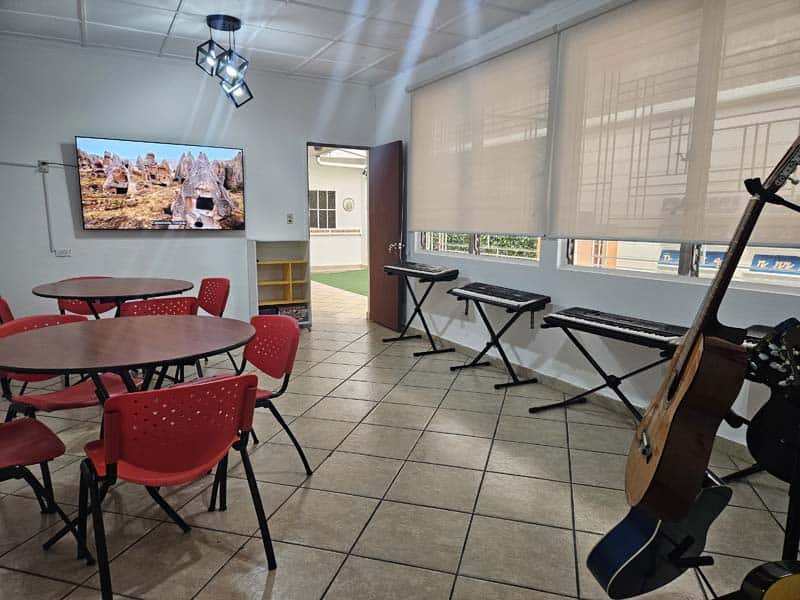
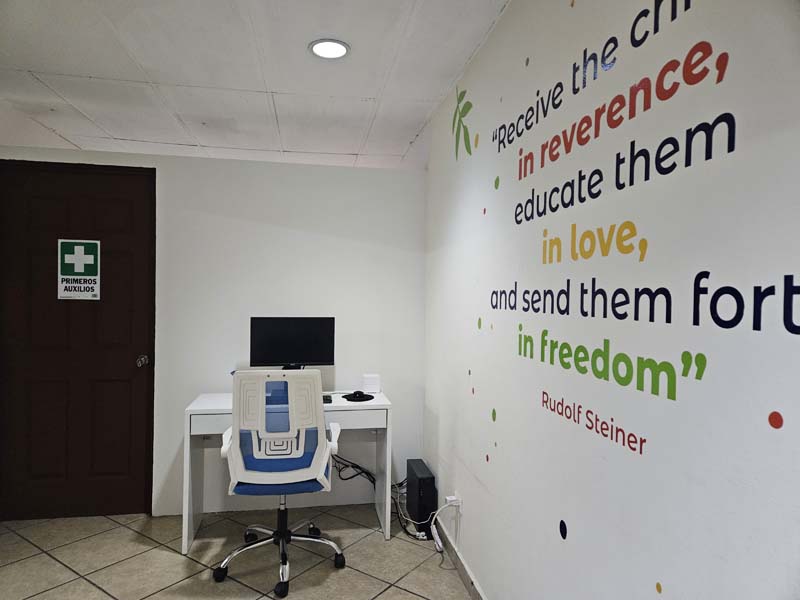
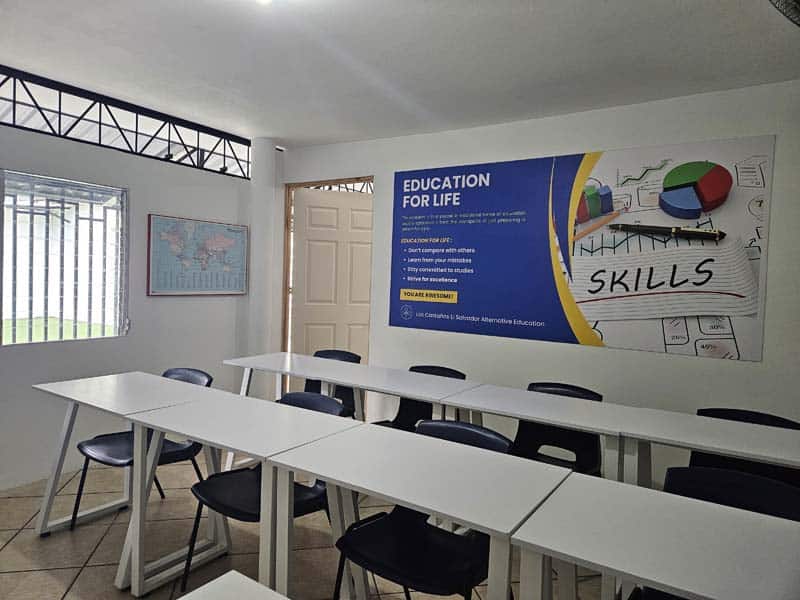
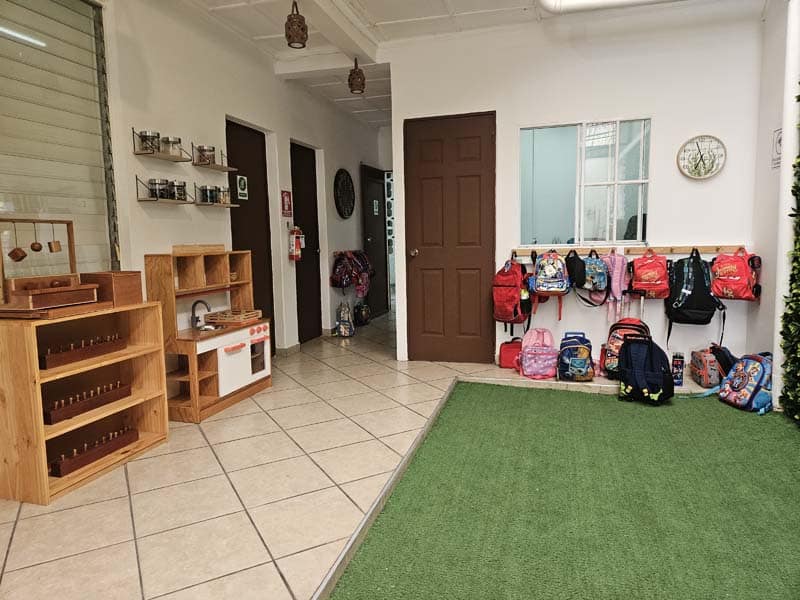
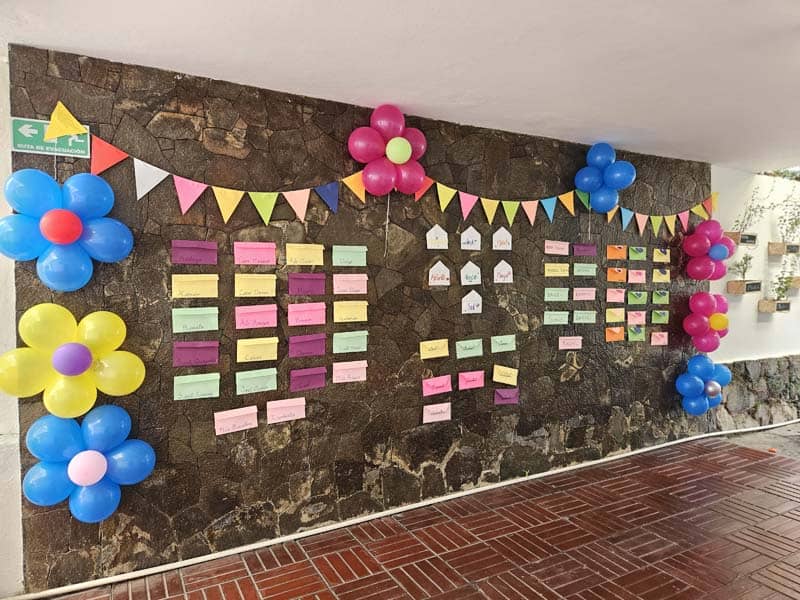
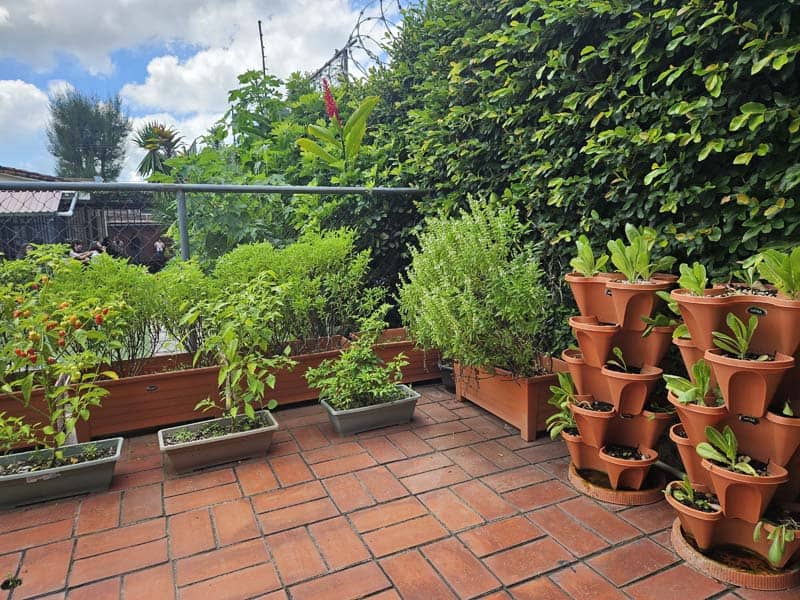
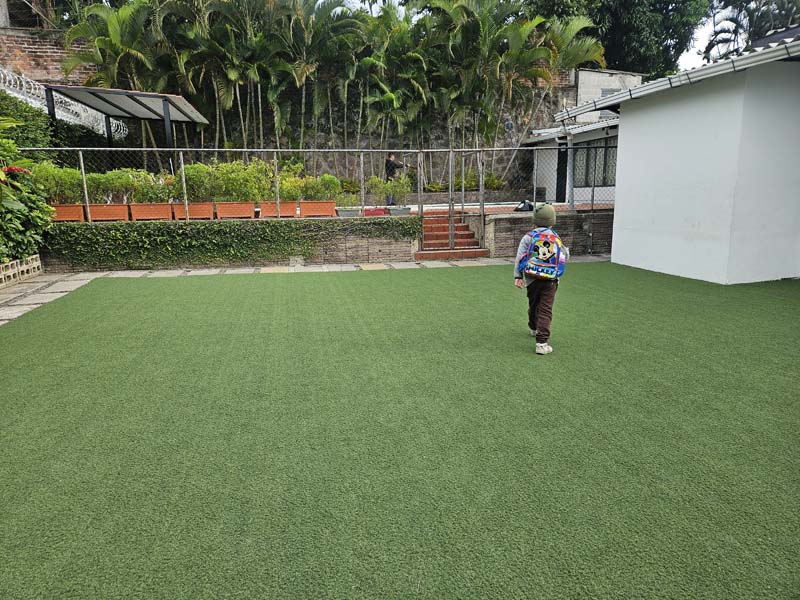
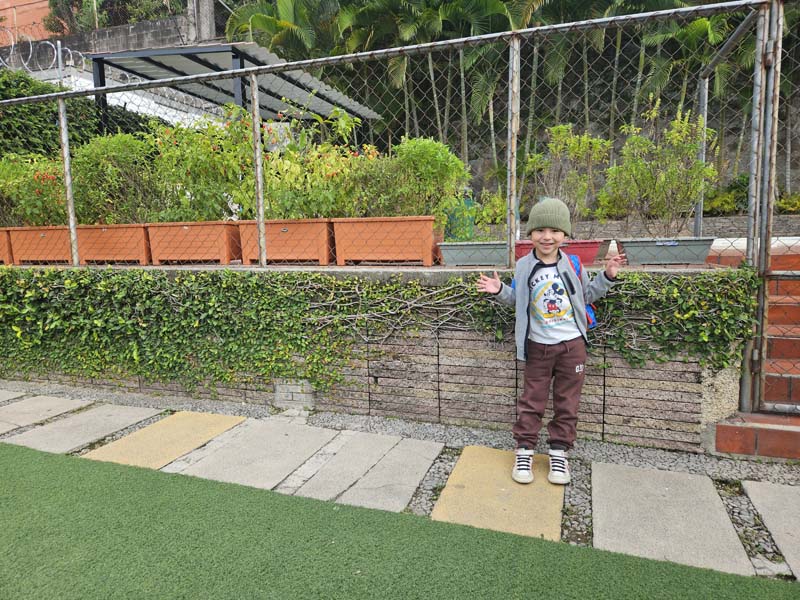
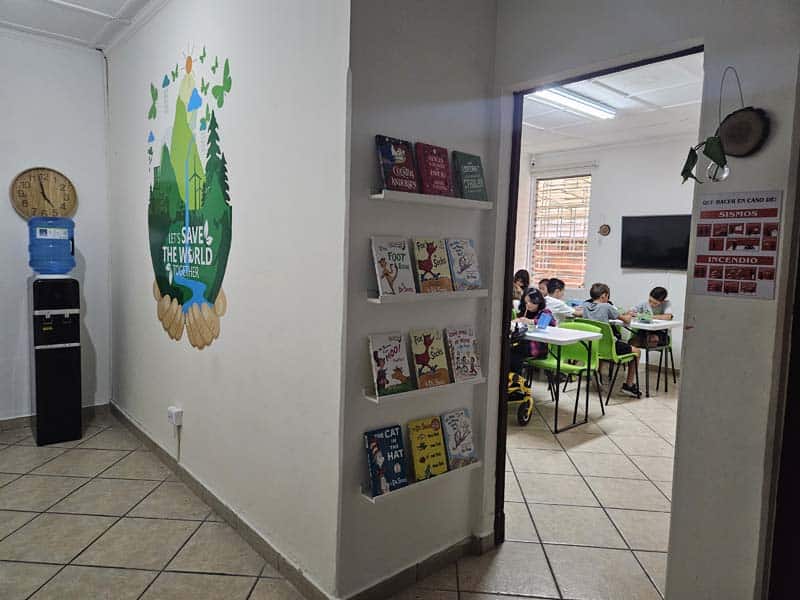
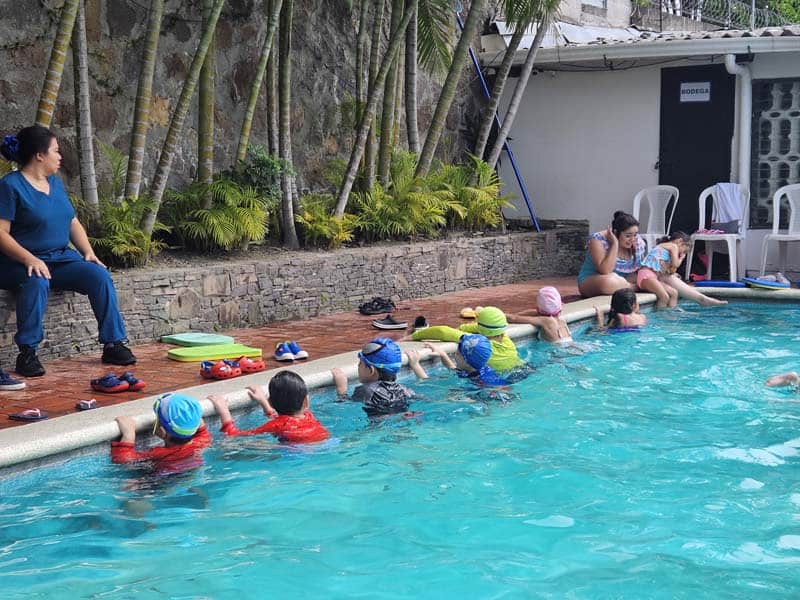
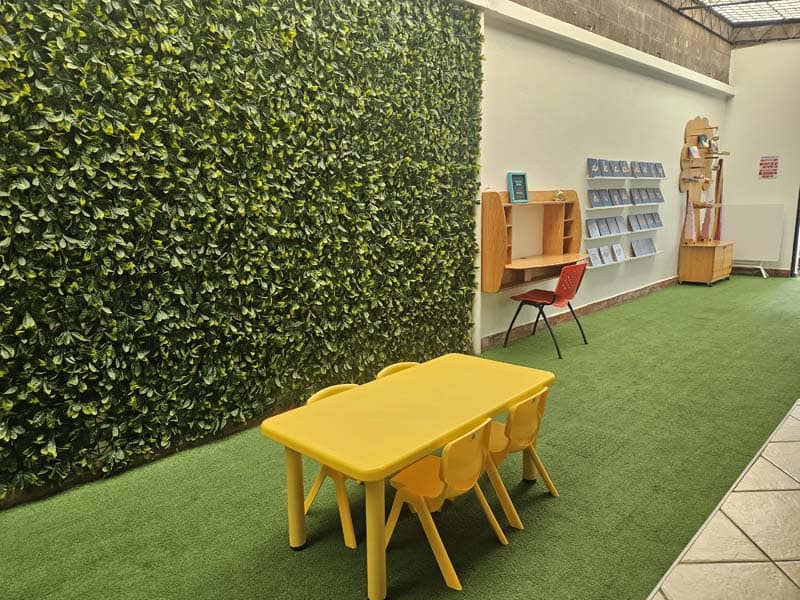
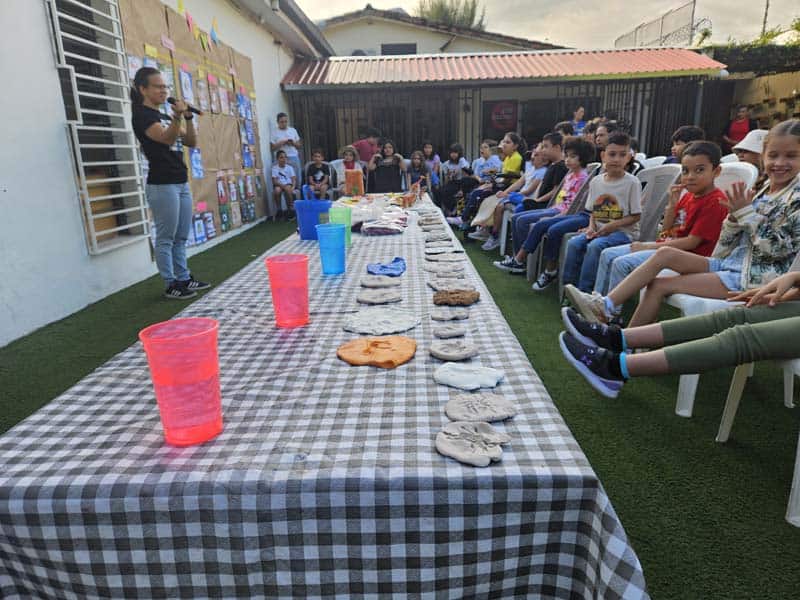
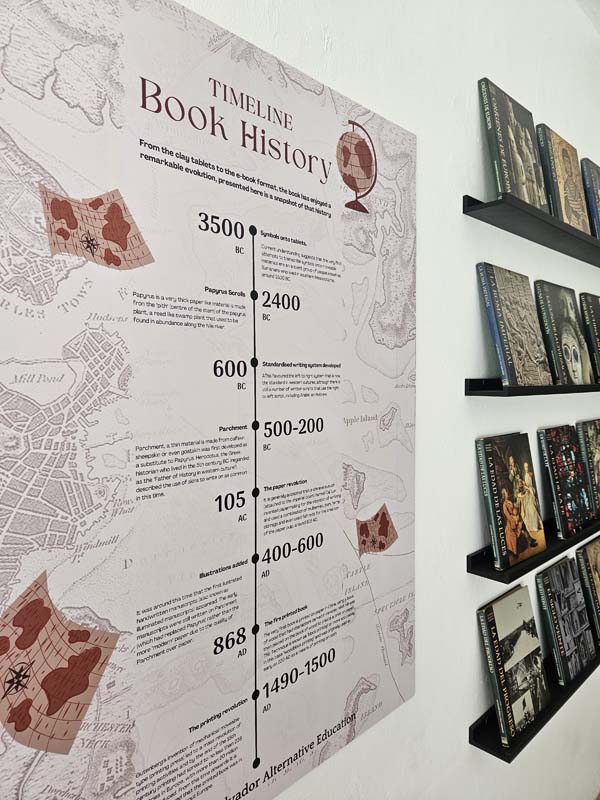
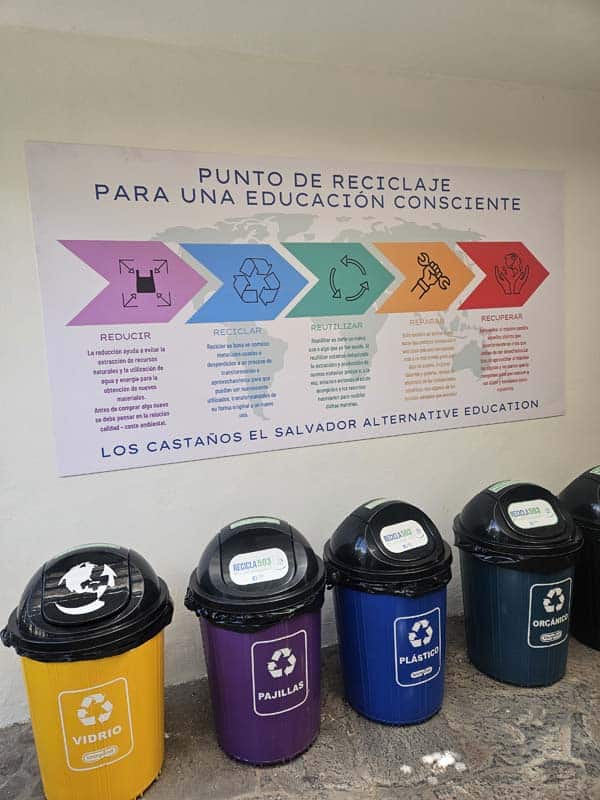
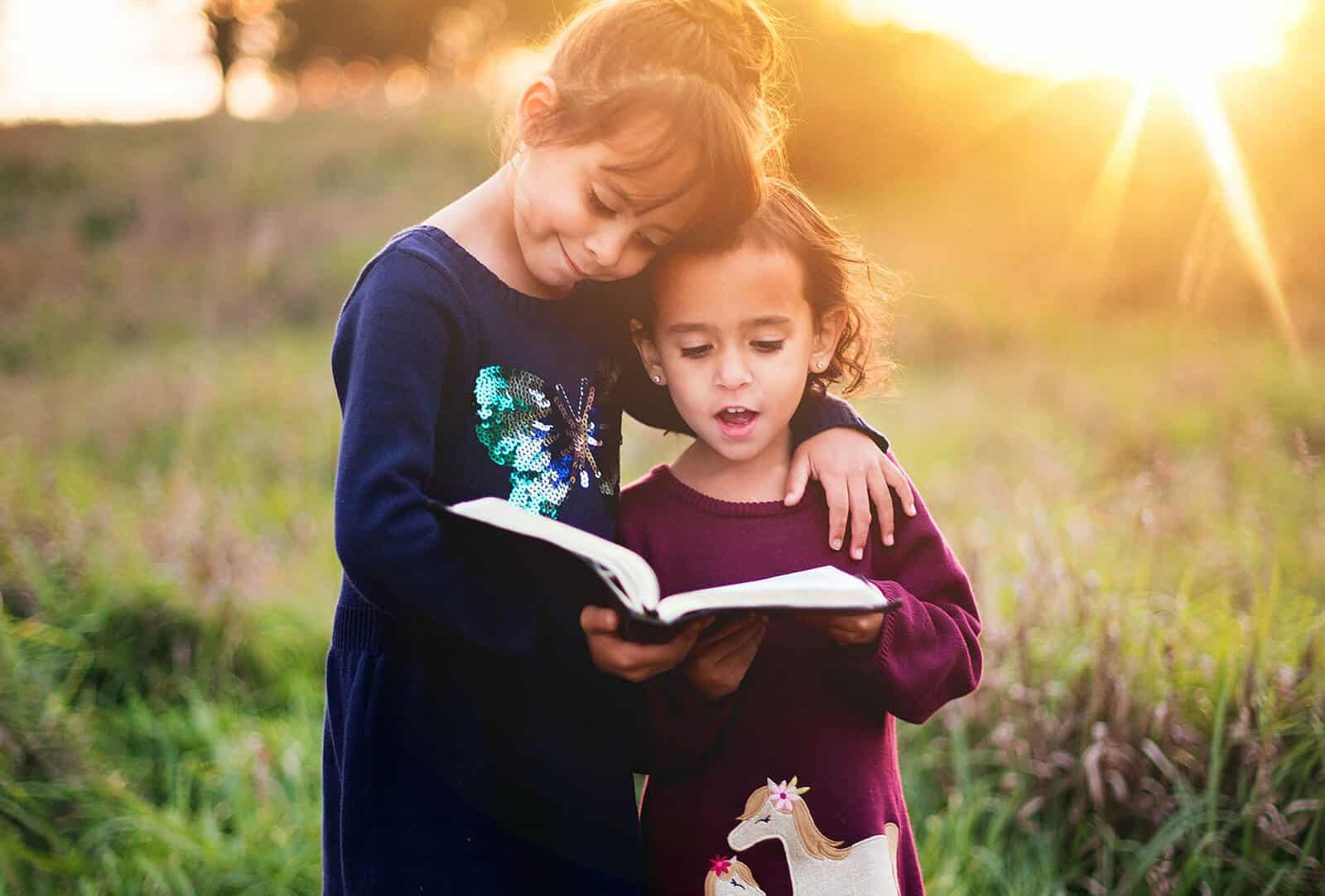
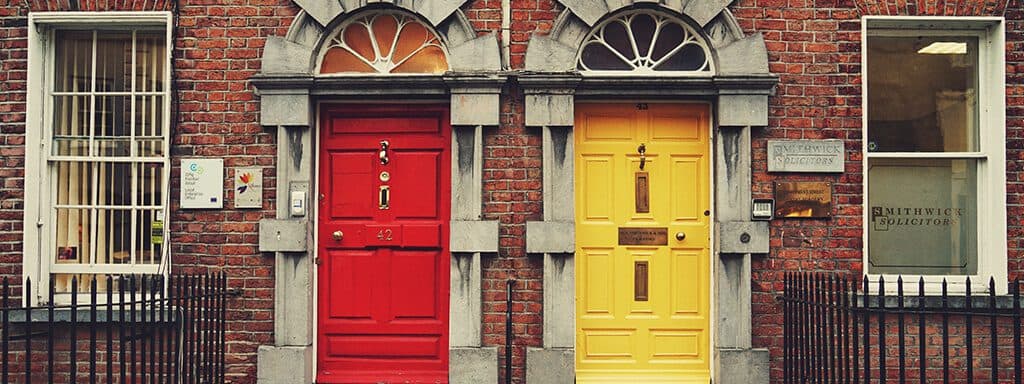
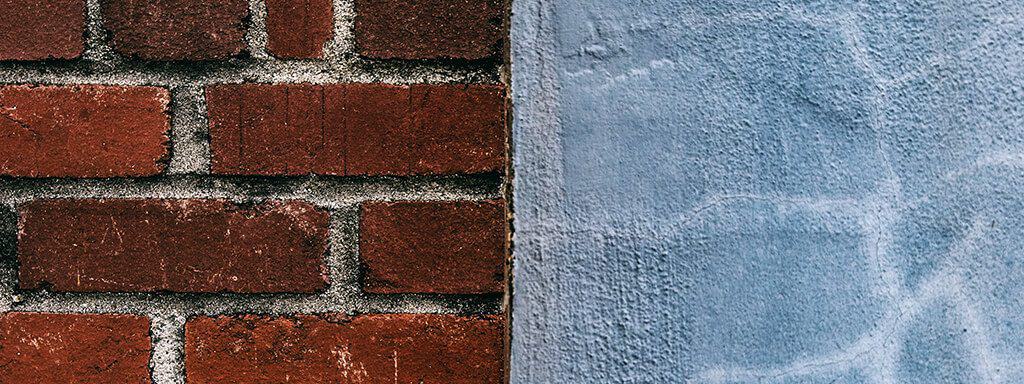
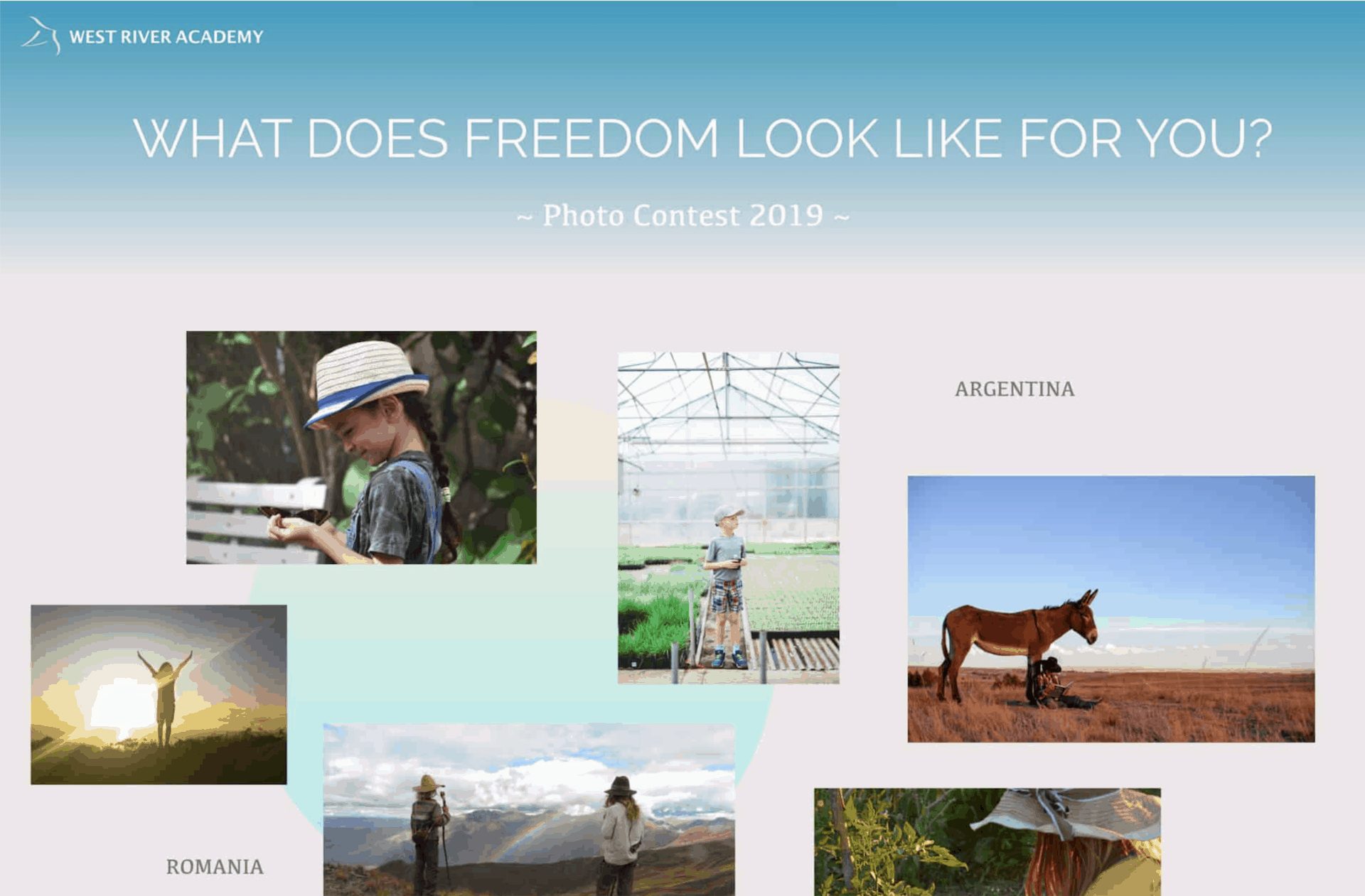
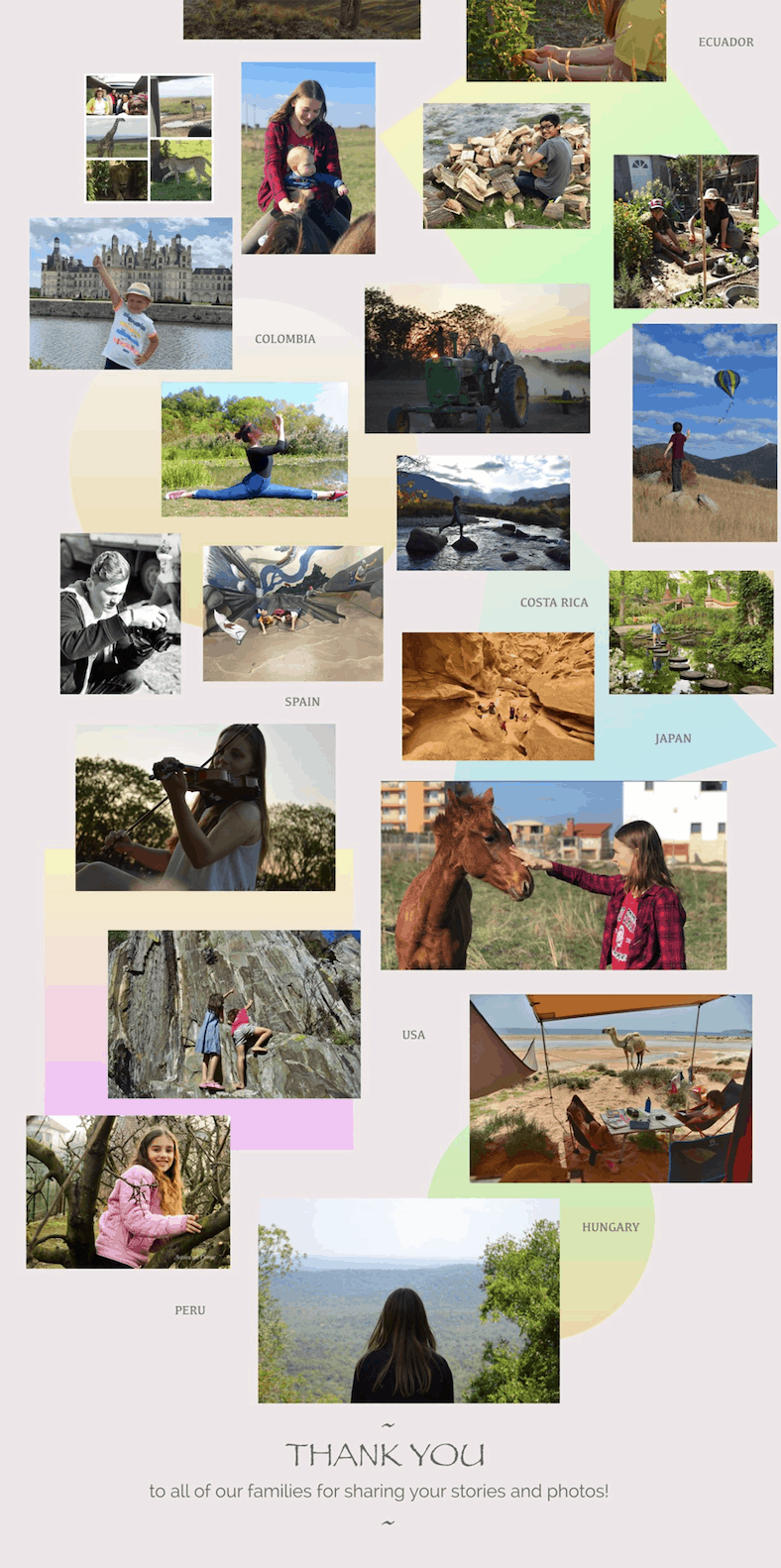

 One of the highlights of this month was our family trip to Finland. We went there by a ferry. It was really cool to see the frozen Baltic Sea. All of the water was pretty much asymmetrical blocks of ice. Finland is really pretty! They have many lakes (about 168 000) and endless uninhabited boreal forests! But our first priority was to visit Helsinki Finland Temple. I believe it to be (along with the rest of the 159 operating temples our Church has) a sacred place and the house of God. It was wonderful to visit it and it really made me appreciate everything that has been created, even more than I did before. The time there also gave me a chance to rewind everything that has been going on in my life lately and steer myself back to where I want to be. In conclusion, this month I mostly analysed and studied myself. As ancient Greek philosopher Aristotle said: “Knowing yourself is the beginning of all wisdom.”
One of the highlights of this month was our family trip to Finland. We went there by a ferry. It was really cool to see the frozen Baltic Sea. All of the water was pretty much asymmetrical blocks of ice. Finland is really pretty! They have many lakes (about 168 000) and endless uninhabited boreal forests! But our first priority was to visit Helsinki Finland Temple. I believe it to be (along with the rest of the 159 operating temples our Church has) a sacred place and the house of God. It was wonderful to visit it and it really made me appreciate everything that has been created, even more than I did before. The time there also gave me a chance to rewind everything that has been going on in my life lately and steer myself back to where I want to be. In conclusion, this month I mostly analysed and studied myself. As ancient Greek philosopher Aristotle said: “Knowing yourself is the beginning of all wisdom.”